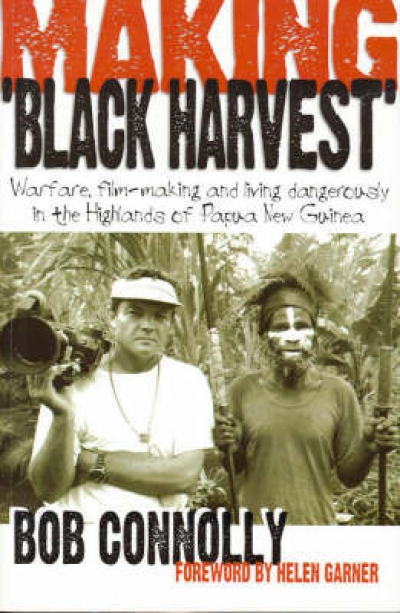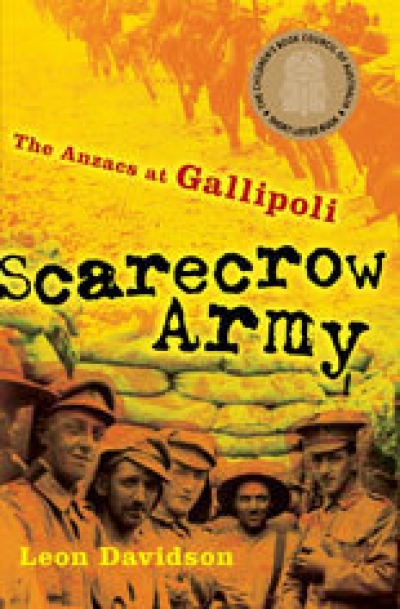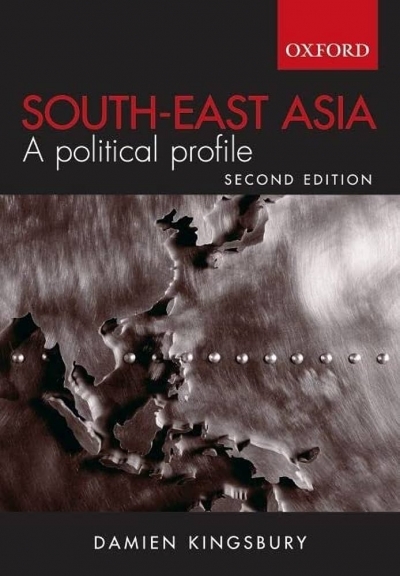War
Making ‘Black Harvest’: Warfare, filmmaking and living dangerously in the highlands of Papua New Guinea by Bob Connolly
by Sarah Kanowski •
Righteous Violence edited by Tony Coady and Michael O'Keefe & A Matter of Principle edited by Thomas Cushman
by Jonathan Pearlman •
Scarecrow Army by Leon Davidson & Animal Heroes by Anthony Hill
by Margaret MacNabb •
Shockwave by Peter Haran & Flashback by Peter Haran and Robert Kearney
by Josh Wilson •
Japan From War to Peace: The Coaldrake Records 1939-1956 edited by William H. Coaldrake
by Vera Mackie •
The looter held a sign in one hand as he pushed a trolley overflowing with stolen goods in the other. His sign read, ‘Thank you, Mr Bush’. It was not, I suppose, the kind of gratitude George W. Bush had expected. The next day’s looting was not likely to raise a smile: private homes, great museums, and hospitals were ransacked. Vigilantes exercised rough and sometimes cruel justice. There will be worse to come when mobs catch Saddam Hussein’s brutal functionaries. Again, we will be reminded that oppression does not even make people noble, let alone good.
... (read more)








